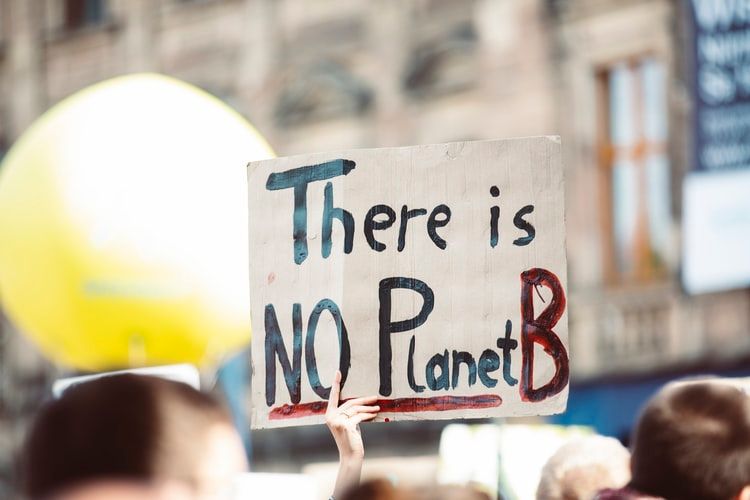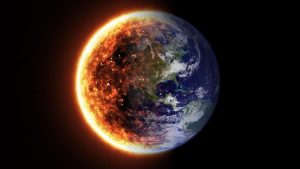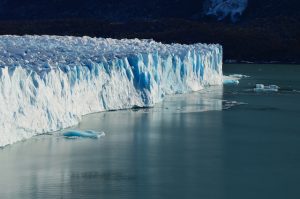As United Nation‘s Intergovernmental Panel on Climate Change (IPCC) report highlighted some alarming facts about weather and glacier conditions in India, the country’s top environmental experts have called for immediate and stronger efforts in the direction of reducing carbon emission. The experts said that India must act now and build a resilient infrastructure to combat the increasing impacts of climate change, reported PTI.
In a written response to PTI, Krishna Achuta Rao, who is also one of the authors of the report, said that the only way the effects of climate change can be abated only if the carbon or greenhouse gas emission is narrowed down to a large extent.
Also Read: IPCC climate change report 2021: The key points
“The message is loud and clear, that we are already experiencing the effects of climate change and will continue to experience stronger effects till such time the emissions are zeroed out, which means that we have to pay attention to how we adapt to these changes so the worst effects of climate change on our population, economy and infrastructure are minimised,” Rao said.
“The corrective steps to prevent further climate change are the same for India and the rest of the world — to reduce emissions of GHGs, especially carbon dioxide, and reduce them rapidly. There are hard decisions to be taken to achieve this,” he added.
T S Panwar, Director, Climate Change and Energy Programme, World Wide Fund for Nature (WWF India) also shared the same view. He added that global warming has particular impacts on India as it is more vulnerable to these changes.
Also Read: India may see more heatwaves, droughts, cyclonic activity: IPCC report
“India is one of the most vulnerable countries to climate change and will be significantly impacted due to the increase in frequency and intensity of extreme weather events such as floods, cyclones, heat waves, forest fires and droughts.
Global warming is the gradual heating of the inner surface of the Earth due to the excessive presence of carbon and green gases in the Earth’s atmosphere. This heat results in the melting of glaciers and the rising temperature of oceans seas and other water bodies.
Panwar also called for mainstreaming the process of environment conservation and said immediate actions in this regard are a need of the hour.
Another environmentalist Avinash Chanchal, who is the Senior Climate Campaigner, Greenpeace India, said the country needs to take urgent measures to limit temperature rise below 1.5 degrees Celsius and move away from any future investment into fossil fuels.
“India has already taken a few progressive steps like the ambitious target of clean energy can indeed contribute to tackle the climate crisis. But it also needs to move away from opening future investment into fossil fuels,” he said.
The IPCC report found out that the temperature of the Earth’s surface is rising faster than we imagined and we have already reached the average temperature of scientists expected to reach degrees Celsius, which was earlier expected to be reached till the 2030s. Severe heat waves that happened only once every 50 years are now happening roughly once a decade
Chanchal also said that there is a need for a united effort between the governments and big corporations in order to abate the climate change impacts and carbon emissions. He also highlighted the need to expand the use of renewable energy.
“With a cheaper clean energy source, we can certainly get 100% renewable energy in the transport, electricity and industry sectors.”
Highlighting the point from the IPCC report where human influence has been unequivocally balmed for these adverse climate changes, Chandra Bhushan, president and CEO, International Forum for Environment, Sustainability and Technology (iFOREST) said, “These estimates renew the urgency for collective climate action ahead of the COP26 scheduled for November, as close to 1.5 degrees Celsius or even 2 degrees Celsius will be beyond reach if countries fail to achieve immediate, rapid and large-scale reductions in greenhouse gas emissions.”
The Sixth Assessment report on climate change, which was approved by the 195 member countries, warned that no region on the surface of the Earth is left untouched by the effects of climate alterations. It has also predicted higher sea levels and extreme weather conditions, heatwaves in the coming years.







